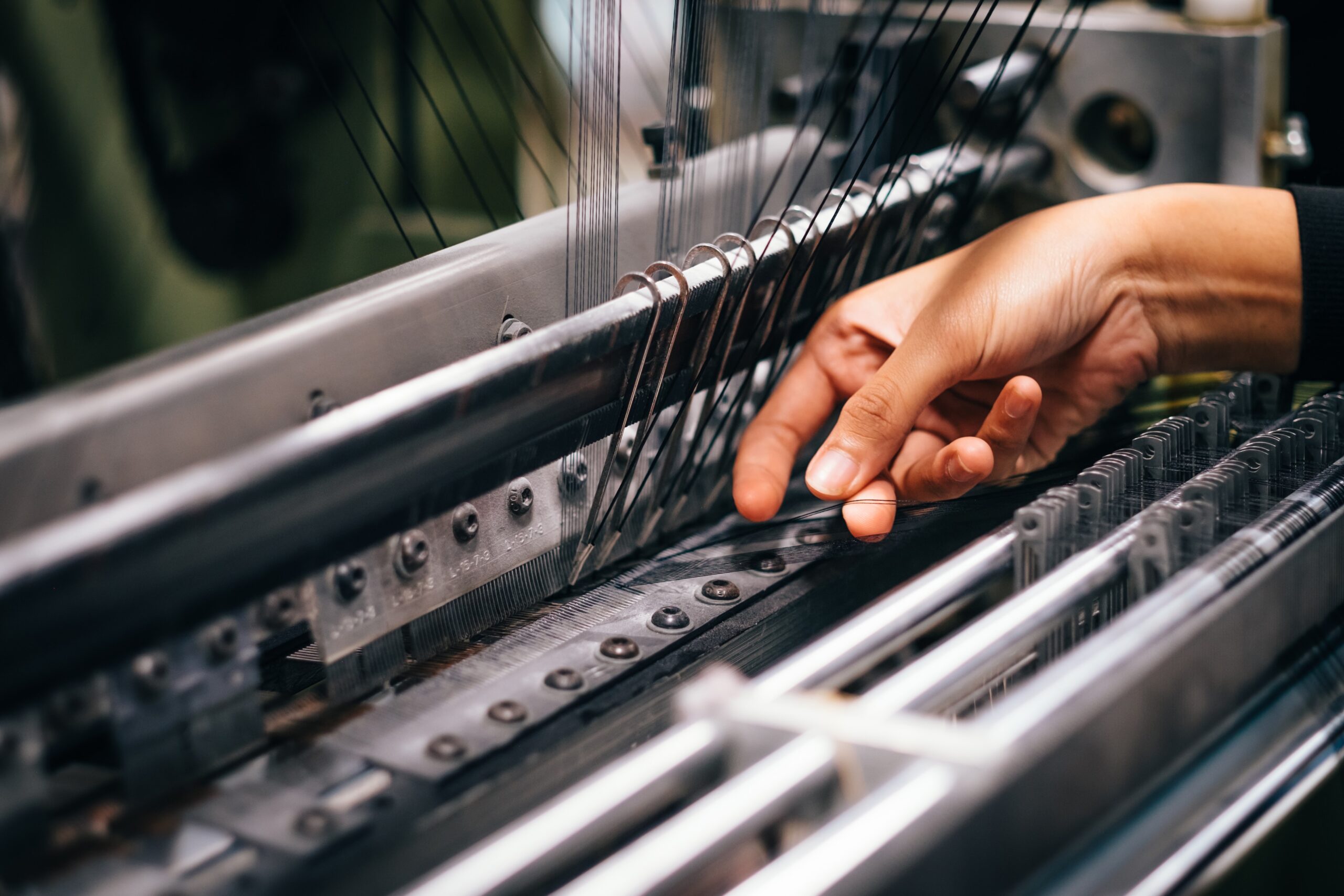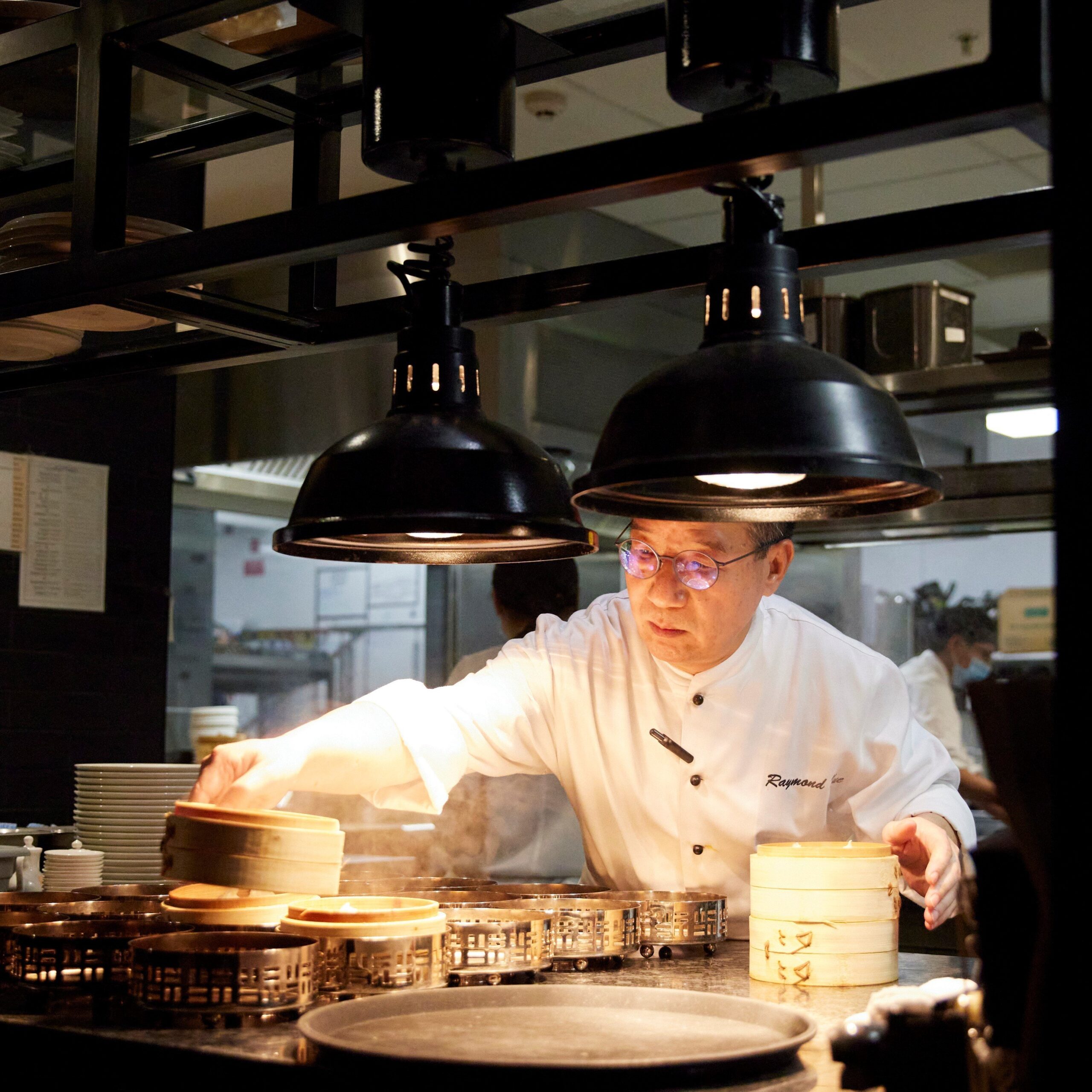Little did we know how pervasive and dramatic the impacts of a virus would be on almost every aspect of our lives, especially our work.
Many industries and workplaces, including those in fashion, are severely hit by the pandemic and struggling to recover. According to the International Labour Organization, half the world’s workers are at risk of losing their jobs (Brownsell, 2020).
This crisis has peeled back the thin veneer on the inequalities and inequities of our economic system. The current fashion industry growth-at-all-cost model has caused untold environmental and humanitarian devastation. We are already drowning in clothes, and yet, according to the Global Fashion Agenda, we are on a trajectory to increase production by 81 per cent in the next ten years (Fibre2Fashion, 2020).
Mahatma Gandhi said, “A nation’s greatness is measured by how it treats its weakest members.” The same can be said of an industry or a workplace. The current pandemic has shown us again, how the millions of garment makers; the majority being women of colour, are habitually treated within the fashion industry or fashion ‘workplace’ as the most vulnerable players in this system. Despite being the most substantial proportion of the fashion workforce; they hold no power, and are the first to be hit by the ravages of the pandemic.
As of July 17, despite the stellar efforts of a campaign by Remake (Change.org, 2020) there remains $27 billion worth of wages owed to garment workers for the work they have already completed as orders were cancelled. Many are facing starvation or destitution, as their employers provide no safety net of healthcare or severance, and their countries do not provide COVID payments. If our clothes come from this workplace environment, by purchasing these items, are we accepting this ‘work practice’ reality for others?
For myself and many others working in the change space of sustainable fashion, these cracks were not new to us. They existed long before Covid-19. They are symptomatic of much larger entrenched issues in the fashion system and the more extensive economic and political system in which it operates. Despite our best efforts, change has occurred on the margins, not at the core, where it needs to happen. What is urgently needed is a reconstruction of the real value chain. One that protects the entire ecosystem – people and the planet.
In my opinion, this pandemic has brought out the best and worst in people and the industry. It’s been heartening to see how this time has been a catalyst for a movement for change. Several initiatives including one led by Dries van Noten, another by Gucci and Yves Saint Laurent have issued proclamations to reduce the industry’s impact on the environment and review the excess (Arthur, R, 2020).
The pandemic has and will continue to permanently change the nature of work. Call me an idealist, but I hope that this ‘COVID-pause’ is a catalyst for all kinds of positive change in what constitutes work. One thing that is blatantly clear from this pandemic is that everything is interconnected and interdependent.
I hope to see a rise in all industries, including fashion, towards adopting new workplace skills and creating new jobs to help transform the global economy into a circular and sustainable one by design. One that operates within planetary boundaries as the norm.
This pandemic has allowed us to pause in discomfort to reconsider the intrinsic value of our work in achieving systemic economic and social justice. We must conciliate the relationship between our human needs and the balance of ecosystems, to make coexistence possible.
This is not only in our work, as producers of labour, but as consumers of other people’s labour. We have the power to choose to buy or not, how much we spend, and where we source products from. What we buy has a direct impact on someone else’s working conditions. Let’s exercise the ability to verify and demand fair and ethical working conditions for all.
Words by Jennifer Whitty, Advisory Committee for Fashion Revolution New Zealand.
Jennifer Whitty is a sustainable design educator, researcher, designer, and writer. Originally from Ireland, she relocated to New York six weeks shy of Coronavirus lockdown to take up a post as Assistant Professor of Fashion Systems and Materiality at Parsons, New School.







